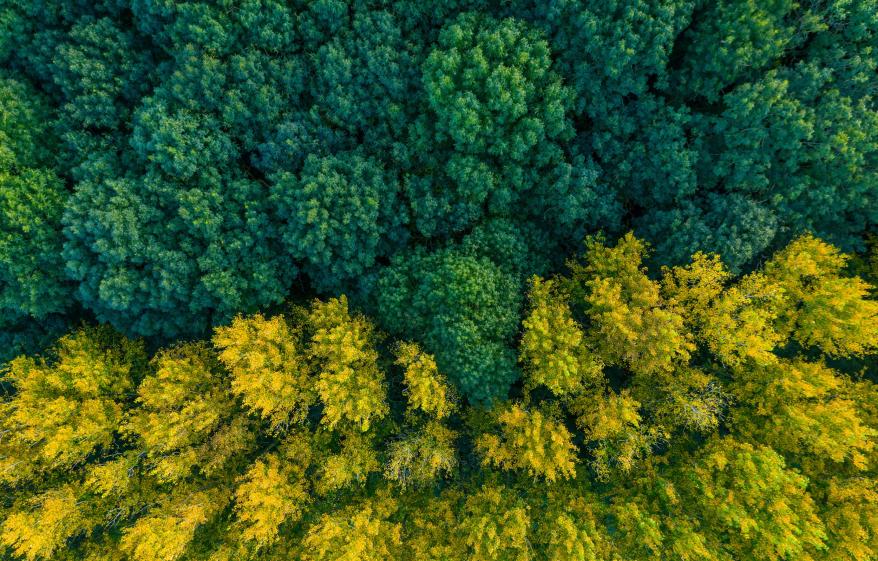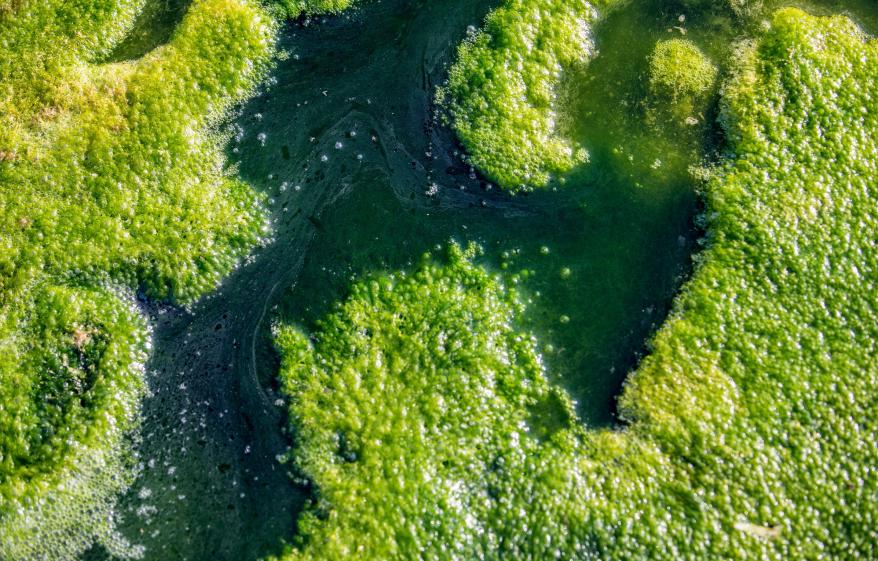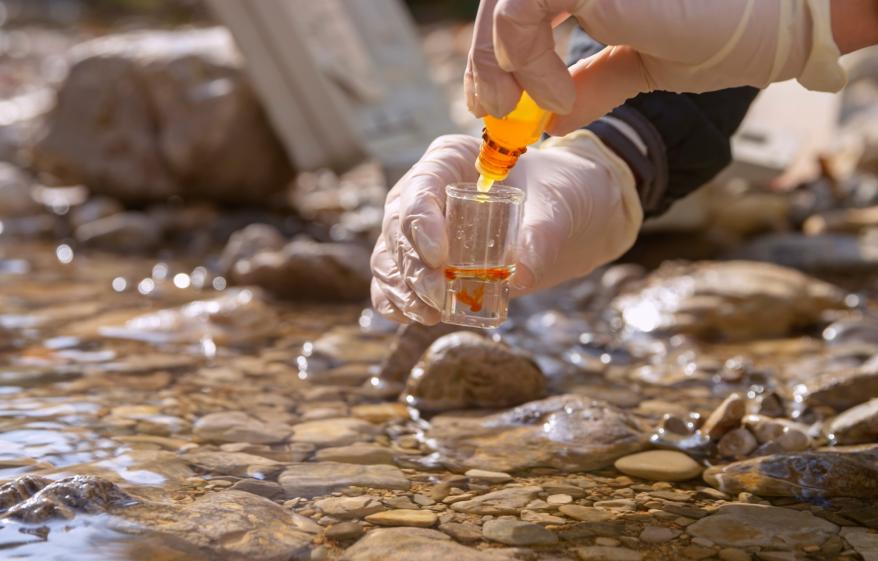
Innovative uses for cleaned wastewater
As climate change causes extreme weather events including droughts and floods, our access to a consistent supply of clean water is becoming increasingly unstable. By 2025, two-thirds of the world’s population may face water shortages, making paramount the need to improve water conservation efforts.
As industries and communities across the globe seek more sustainable processes, recycling and repurposing wastewater is becoming a more prominent practice. Advancements in technology and shifting mindsets are leading to more possibilities for wastewater treatment and utilisation, resulting in a rise of innovative ways to recycle our most valuable resource.
Recycled wastewater for drinking
As extreme weather events and growing populations put increasing pressure on an already scarce resource, a rising number of countries are facing the threat of water stress. Currently, more than 25% of the global population have no access to safely managed drinking water. One way countries around the world are tackling this issue is by cleaning wastewater to make it suitable for human consumption.
Singapore, one of the most water-stressed places in the world, is leading the way. Treatment plants are connected to sewers through a network of tunnels, where a high-tech filtration system and ultraviolet rays remove impurities and bacteria from the wastewater. One reclamation plant, The Changi Water Reclamation Plant, has the capacity to treat up to 900 million litres of wastewater daily – which is about equivalent to the water held by 350 Olympic swimming pools.
California is another location pioneering recycled wastewater for drinking purposes. The American state has been putting cleaned wastewater to use in a variety of unexpected ways, such as at ice rinks and to create snow at ski resorts, for decades. In December 2023, regulators approved rules that let water agencies recycle wastewater to be used as drinking water at homes, schools and businesses.
Energy Generation
The potential of wastewater extends beyond water conservation; it can also be a source of renewable energy. Anaerobic digestion, a process that breaks down organic matter in wastewater to produce biogas, has gained popularity worldwide, as biogas, primarily composed of methane, can be utilised to generate electricity or heat and provide a sustainable energy source for communities. Vancouver is one location utilising this renewable energy source, with energy centres capturing heat from sewage before it reaches the treatment plant and being diverted to power homes.
If we were to adopt this practice in the UK, it’s estimated that energy from the daily 16 billion litres of sewage wastewater could, if harnessed, provide more than 20TWh of heat energy annually - enough to provide heating and hot water to 1.6 million homes.
Water resource for emergency services
Worsening climate change is encouraging the innovative use of recycled wastewater in other unexpected areas. Following droughts in August 2023, the firefighting service in Wales used water treated and cleaned with ultraviolet light to battle fires, leading to interest in this initiative from other fire and rescue services across the UK.
Agricultural land
In arid regions where water scarcity is a pressing issue, treated wastewater offers a lifeline for agriculture. It can be used for irrigation purposes, reducing reliance on freshwater sources. Biosolids yielded from the biological treatment of wastewater are also applied to agricultural land due to being rich in nitrates and phosphates.
Innovative uses of treated wastewater are reshaping the way we utilise this valuable resource in a time of increasing water scarcity. Across the world, communities and industries are championing the proper treatment and use of wastewater.













